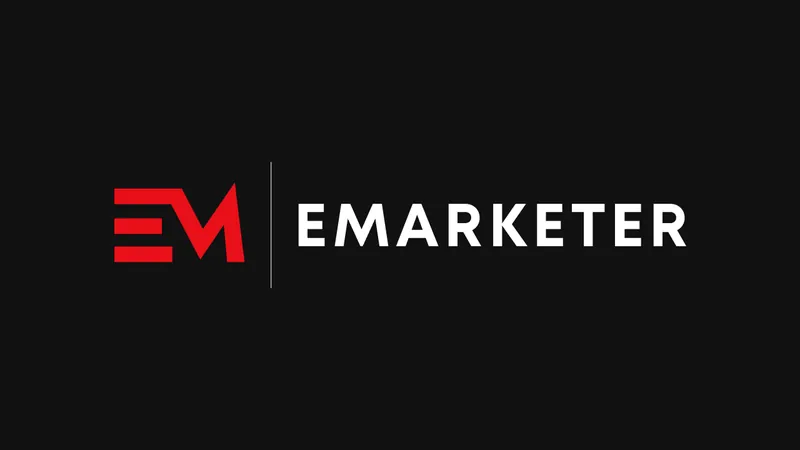
Shift in Focus: CMOs Abandon Data-Gathering Strategies for a Cookieless Future
2025-01-03
Author: Ming
Introduction
In an era where the digital landscape is rapidly transforming, marketers are increasingly pivoting their strategies in response to the impending extinction of third-party cookies. With privacy concerns taking center stage, Chief Marketing Officers (CMOs) are now concentrating more on optimizing existing data rather than continuously harvesting new data.
Decline in Data-Gathering Strategies
A startling statistic from the latest CMO Survey reveals a significant decline in the creation of fresh data-gathering strategies. In February 2022, a robust 58.3% of CMOs indicated that their companies were diligently working on a fortified data strategy to improve data collection. However, by September 2024, that number plummeted to just 41.9%. This shift indicates a major turning point in marketing strategies focused on already available consumer insights.
Incentives for Data Sharing
Moreover, there appears to be a waning trend in incentivizing customers to share their data. CMOs report a decrease of over 8 percentage points in the number of companies offering such incentives. This signals a broader industry trend towards building trust rather than resorting to transactional relationships.
Generational Attitudes Towards Cookie Acceptance
Additional insights reveal generational differences in attitudes towards cookie acceptance. According to a July 2024 EMARKETER survey, 57.6% of U.S. Gen Z consumers "often" or "always" accept cookie notifications, starkly contrasting with only 36.0% of Baby Boomers who do the same. This generational divide highlights the evolving expectations and comfort levels consumers have regarding privacy and data sharing.
Lack of Preparation Among Publishers
Furthermore, a concerning 32% of global publishers have yet to prepare for the elimination of third-party cookies in Google Chrome, according to a May 2024 Teads survey across 555 publishers in 38 countries. This lack of preparation may place many publishers at a competitive disadvantage in the near future.
Conclusion
Marketers can utilize these findings to advocate for initiatives aimed at streamlining data management, refining customer profiles, and enhancing internal communication. This research serves as a benchmark, enabling marketers to compare their strategies with those of their peers as they navigate the challenges presented by a cookieless reality. As these trends continue to develop, the marketing landscape remains at a crossroads, pushing companies to innovate in their approaches while prioritizing consumer privacy. The question remains: How will businesses evolve in this new world of data ethics and transparency? Stay tuned, as this is just the beginning of the conversation.



 Brasil (PT)
Brasil (PT)
 Canada (EN)
Canada (EN)
 Chile (ES)
Chile (ES)
 España (ES)
España (ES)
 France (FR)
France (FR)
 Hong Kong (EN)
Hong Kong (EN)
 Italia (IT)
Italia (IT)
 日本 (JA)
日本 (JA)
 Magyarország (HU)
Magyarország (HU)
 Norge (NO)
Norge (NO)
 Polska (PL)
Polska (PL)
 Schweiz (DE)
Schweiz (DE)
 Singapore (EN)
Singapore (EN)
 Sverige (SV)
Sverige (SV)
 Suomi (FI)
Suomi (FI)
 Türkiye (TR)
Türkiye (TR)